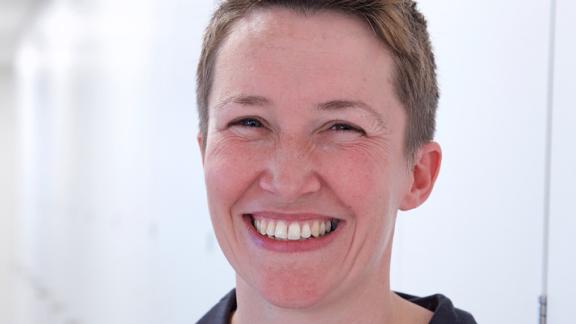The new leadership required for a new world

A new peer learning community will support system leaders to grow and drive the behaviours and culture for them to thrive in the integrated new world.
System leaders and their teams have rightly been celebrating the formal launch of their integrated care systems (ICSs) as statutory bodies this month. It has been quite a journey and it is heartening to see how much progress systems have made since their early forms as new care models, which were implemented through the Five Year Forward View in 2014.
Getting to this point has involved significant structural reform, which accelerated further with the passing of the Health and Social Care Act earlier this year. Those leading new integrated care boards (ICBs) and integrated care partnerships (ICPs) have had to spend much of their time meticulously refining new governance and accountability arrangements with partners such as local authorities.
There is consensus … that governance frameworks will be an irrelevance unless the right leadership cultures and behaviours are fostered
Yet we know that getting this infrastructure right will only achieve so much when it comes to the long-term success of ICSs. What is arguably so much more important to their progress over the coming years is the extent to which system leaders can themselves thrive in a new world; a world driven by partnership working and interdependency rather than competition and organisational self-interest. There is consensus, both within our membership and across health and care more broadly, that governance frameworks will be an irrelevance unless the right leadership cultures and behaviours are fostered. Despite this, we know that system leaders have had to spend far more time so far on the former than the latter.
Peer learning community
The ICS Network is addressing this by developing a peer learning community, as a bespoke leadership development offer for ICS leaders. In partnership with the Forward Institute, a non-profit specialist agency in organisational and system change, we are currently scoping and designing this offer. Our approach is that it should be by our members and for our members, so we have sought input from ICS leaders across the country. Importantly, however, we have also engaged with partners from across the NHS, local government and the voluntary, community and social enterprise (VCSE) sector, too.
Through this design process we have sought views on what effective leadership of an ICS should look like. Some interesting themes have emerged, which will feed into the design of our leadership development offer. Let me give three examples.
What effective ICS leadership should look like
First, we have heard clearly that leaders will need to shape and clearly articulate a powerful ‘north star’ vision that system partners can unite behind. As part of this, a simple value proposition for the ICS will be needed, setting out what can be achieved with partners pulling in the same direction. We know that within some systems, partner organisations have been sceptical about moves towards integration. System leaders will need to be positive, patient and persuasive to overcome scepticism and build support for a shared vision.
Second, and to help achieve the above, is the need for leaders to support meaningful ongoing co-production between partners and with communities. We have heard that a huge mindset shift is needed among all players to feel part of the system. The culture change challenge cannot be underestimated. Partnership working between health services and local government, for instance, will need to become ‘sustained and regular like a marriage, not sporadic and conditional like a date.’ Similarly, system leaders will need to demonstrate humility and accept that the best solutions will often be found not from within the NHS but from outside it. Harnessing the skills, knowledge and experience of the VCSE sector will be crucial.
Whilst it is recognised that the commissioner/provider split is now defunct, the associated cultures and behaviours have been actively encouraged within the system for years
And third, effective system leadership will require a move away from a culture of performance management and evaluation and towards relationship building and support. Whilst it is recognised that the commissioner/provider split is now defunct, the associated cultures and behaviours have been actively encouraged within the system for years. For some, this represents the majority of their NHS career and so it will take time to refocus and adjust. The success of ICS leaders will rely on their abilities to convene and mediate around shared challenges as much as on their abilities to plan strategy and make difficult decisions.
Views such as these from across our membership and beyond will be crucial as we develop a peer learning community that helps system leaders to grow and drive the behaviours, culture and relationships that will enable them to thrive in the integrated new world.
We look forward to presenting our proposal to our members in more detail over the coming months, with a view to rolling it out this autumn. Should you have any questions or if you have not yet had a chance to feed in your own views, then please do email Will in our team: william.pett@nhsconfed.org.
Sarah Walter is director of the NHS Confederation’s ICS Network. You can follow Sarah on Twitter @sarahjwalter


